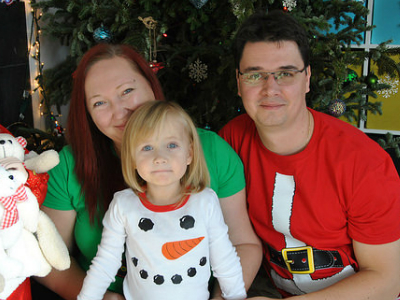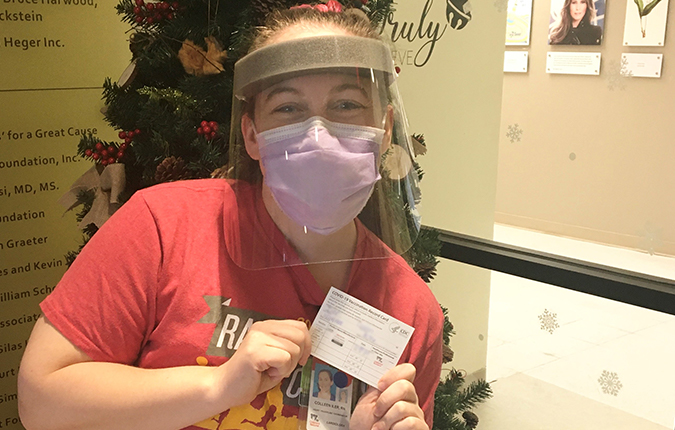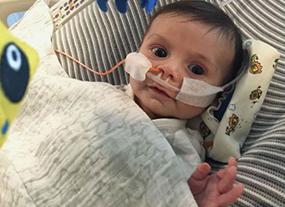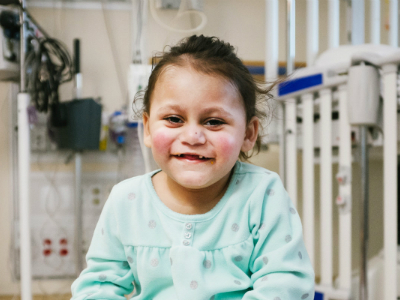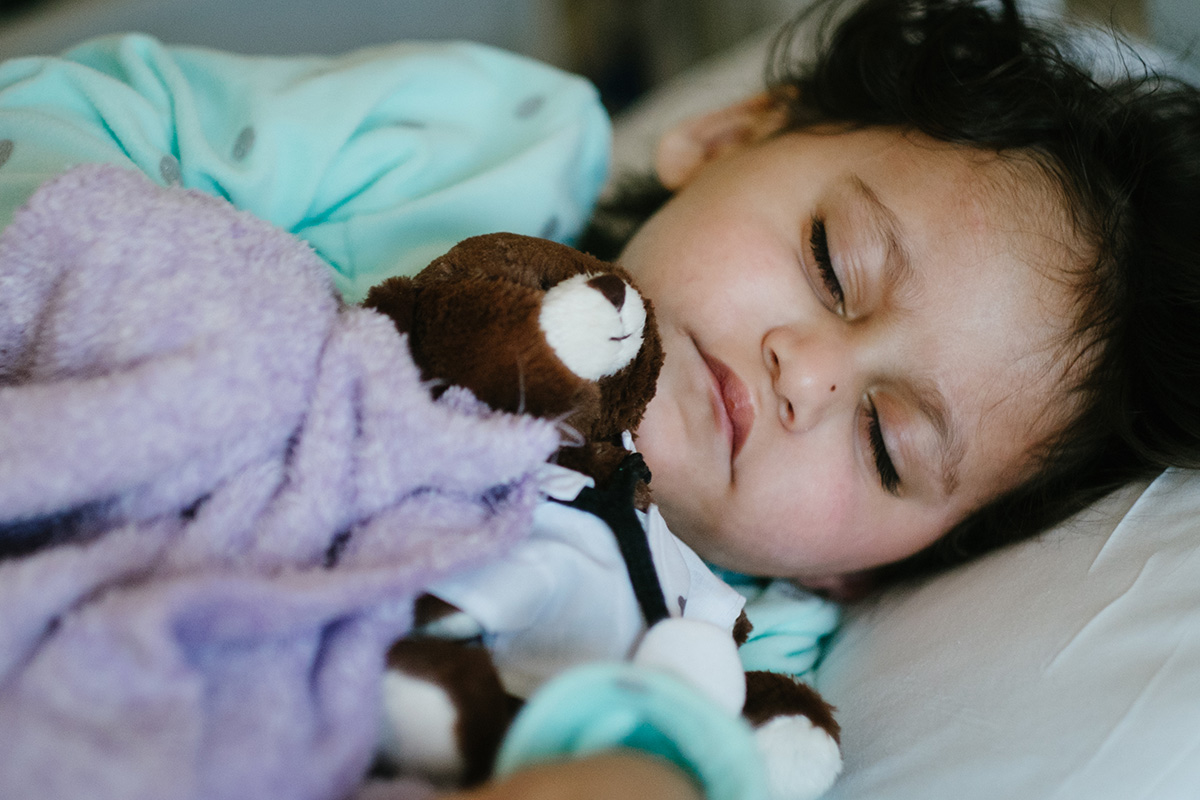
Advanced Cardiac Therapies and Heart Transplant Program

When a child’s heart needs extra help, families deserve care that is both advanced and compassionate. Heart failure means the heart isn’t pumping blood as well as it should, and while this can be serious, your child is not alone. Our Advanced Cardiac Therapies and Heart Transplant Program is here to support children and adolescents with heart failure every step of the way. We offer the most up-to-date treatments, including ventricular assist devices (VADs) and, when needed, heart transplantation—always with a focus on your child’s well-being and your family’s peace of mind.
Our Providers
Our pediatric specialists provide personalized care for your child’s physical, mental and emotional health needs.
Contact Information
For appointments, please call 202-476-2090, and for information, call 202-476-1518.

What conditions are treated by the Advanced Cardiac Therapies and Heart Transplant Program?
Our Advanced Cardiac Therapies and Heart Transplant Program cares for children and adolescents with a wide range of heart conditions—many of which can lead to or result from heart failure. Each child’s situation is unique, and our team provides expert, personalized care no matter the cause.
Conditions we commonly treat include:
- Heart muscle abnormalities, known as pediatric cardiomyopathy – a frequent cause of heart failure in children
- Heart failure
- Congenital heart disease – certain defects can affect heart function over time
- Valve disease
- Infection, such as viral myocarditis – this condition can cause heart failure if the heart muscle is not strong enough to pump blood
- Genetic defects
- Abnormal heartbeat, known as arrythmia
Some of these conditions are primary causes of heart failure, while others require specialized care because they impact how the heart works. Whatever the diagnosis, our team is here to provide advanced therapies and compassionate support for your child and family.

Frequently Asked Questions About Heart Failure
What are symptoms of heart failure in babies or children?
How is pediatric heart failure diagnosed?
Why Families Choose Children's National for Advanced Cardiac Care
Each child in our Advanced Cardiac Therapies and Heart Transplant Program benefits from the experience and expertise of our cardiologists and heart team, many of whom are nationally renowned heart failure specialists. Here's what that means for your child and your family:
Personalized Care
Full Range of Treatment
Dedicated Heart Failure Team
Renowned Heart Transplant Program
Care for All of Your Childs Needs
Washington Adult Congenital Heart (WACH) program

Referring Providers
For more information or to refer a patient to the Advanced Cardiac Therapies team, please email us.
Heart Transplant Outcomes
When other treatments are not successful, our team provides heart transplantation as an option. To get a better understanding, take a look at our outcomes data, broken down by age and treatments per year.
Locations

Main Hospital
- Specialty Care
- Emergency Care
Division of Cardiac Surgery
If a child needs heart surgery, our Division of Cardiac Surgery at Children’s National Hospital is there to provide compassionate, world-class expertise. Our dedicated team of heart surgeons uses groundbreaking innovation and state-of-the-art technology to make sure your child gets the best possible care.
Learn more about the Division of Cardiac Surgery

